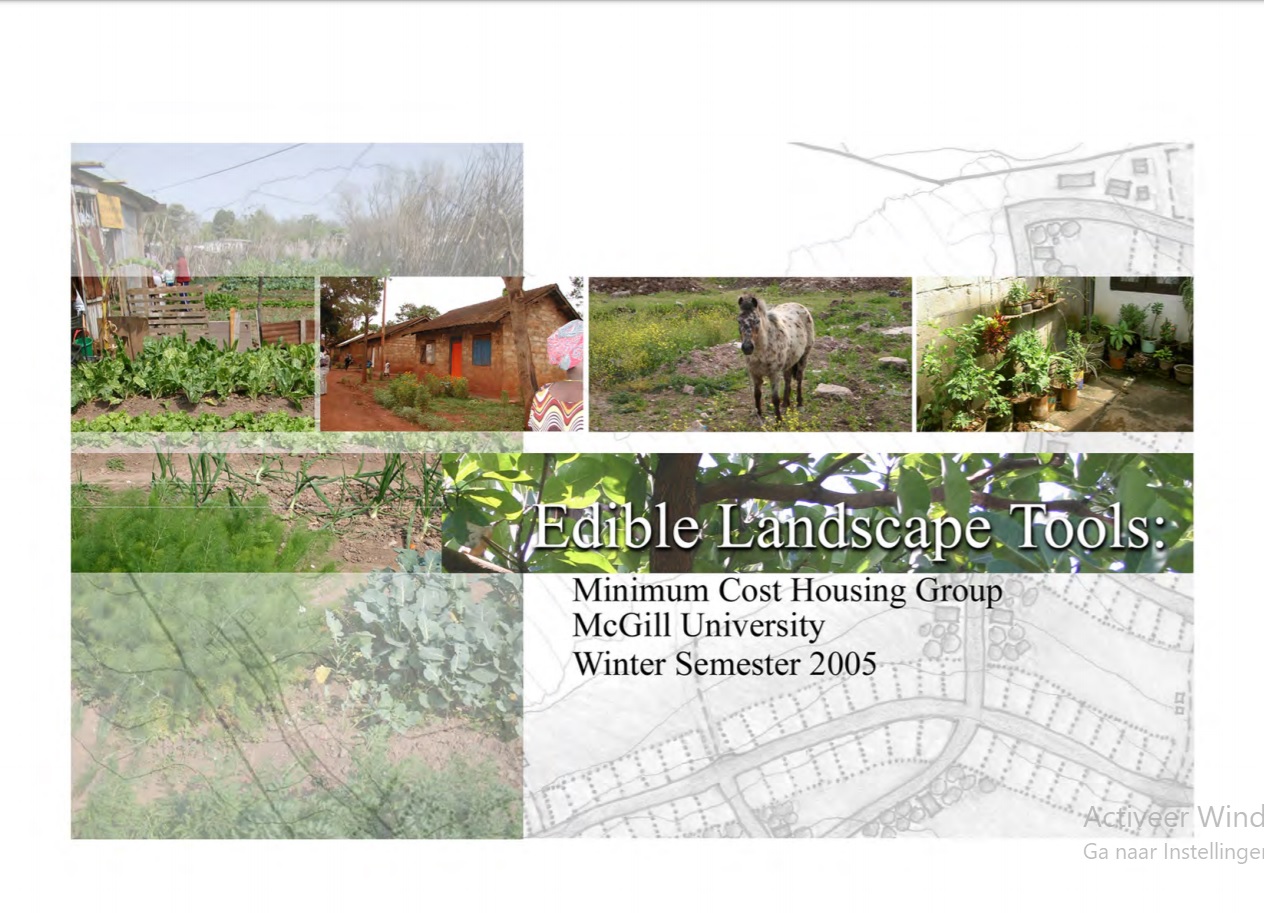region: Latin America
-
The role of private sector in city region food systems
This study serves as a starting point to enhance private sector engagement to build more sustainable and resilient city region food systems.
-
Policy brief: Urban agriculture as a climate change strategy
This policy brief provides examples from innovative policies and practices from various cities on urban agriculture as a climate change strategy.
-
The role of private actors in the Quito Metropolitan District food system
This study on Quito (Ecuador) contributes to a better understanding of how different types of private sector players can shape a city region food system.
-
Effects of urban green areas on air temperature in a medium-sized Argentinian city
Results from this study can be used for integrating urban and peri-urban agriculture and forestry measures into climate change mitigation and urban planning policies in medium-sized cities in the developing world.
-
Integrating urban agriculture and forestry into climate change action plans
This paper describes and gives examples of cities integrating urban agriculture and (agro)forestry in climate change strategies.
-
Guideline 2: Monitoring of temperature effects
This guideline assesses the hypothesis that urban agriculture and forestry will reduce the urban heat island effect and contribute to energy savings.
-
Guideline 1: Monitoring of runoff and infiltration of storm water
This manual proposes a methodology to relate scenarios of urban land use (like an increase of green areas) to changes in runoff and flood risk.
-

Edible Landscape Tools
Making the Edible Landscape is a 3 city project with the core objective of integrating urban agriculture as a permanent element in low-cost housing.
